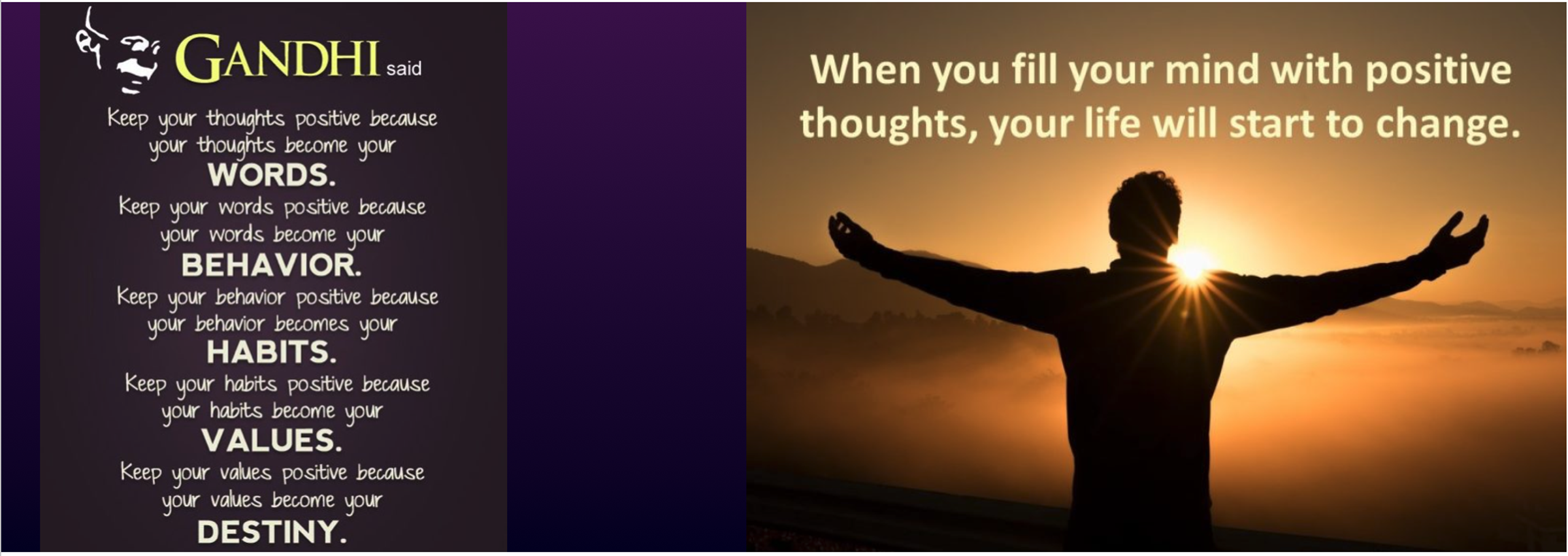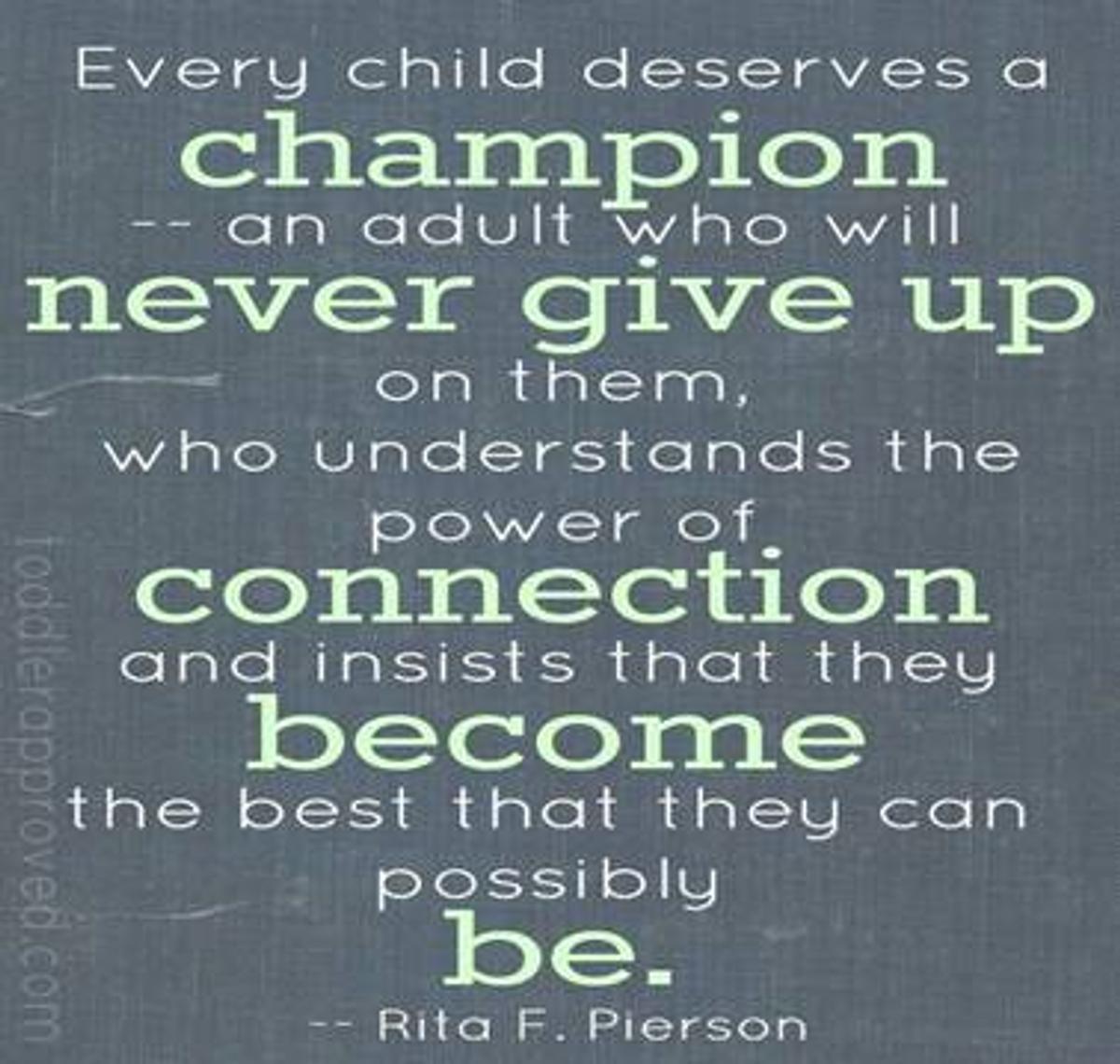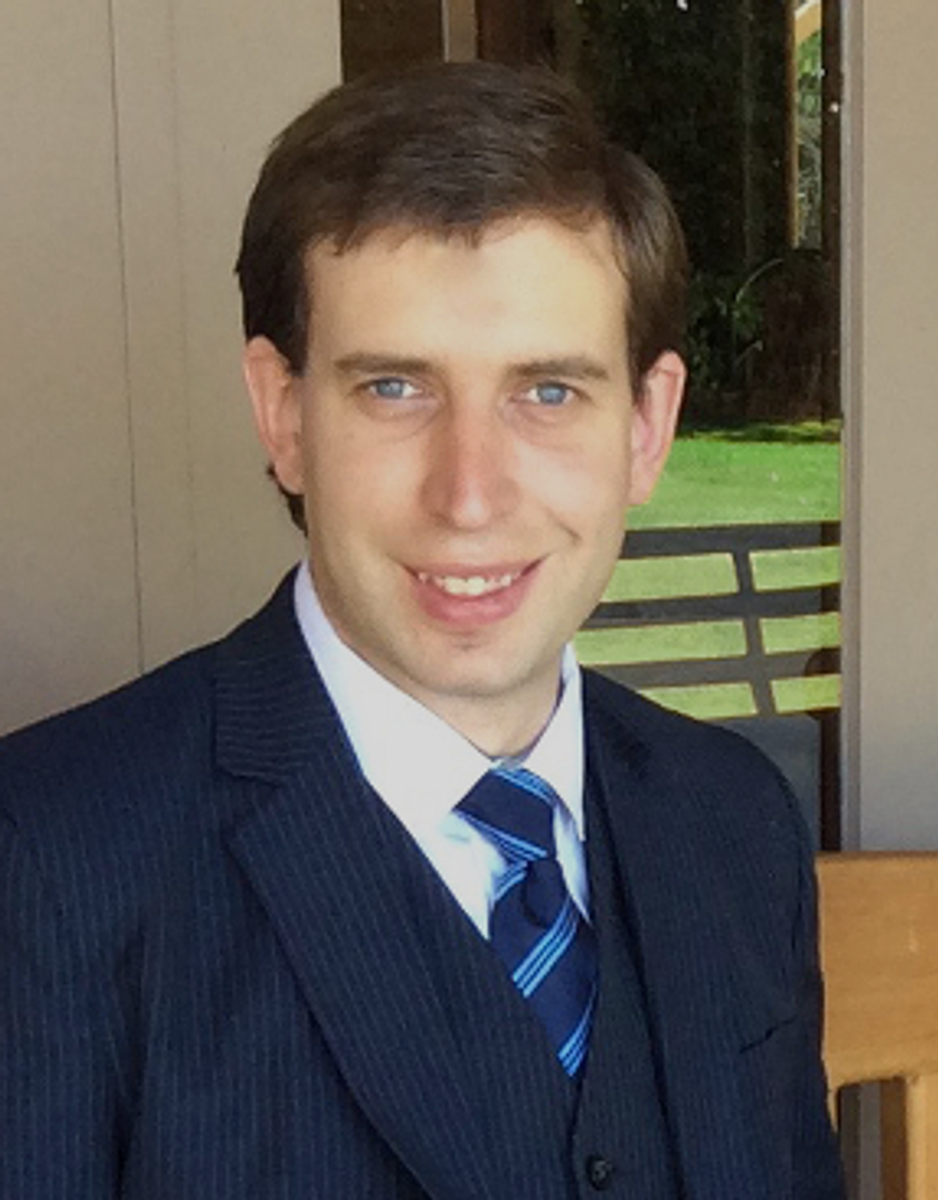Thought For The Week:

The Power of Failure
- by Michael Hampstead
In the real world, you don’t get a participation certificate when you fail, but failure does not need to be the end; in fact, it can be liberating.
We live in a world that hates failure
Often in school, we give everyone who runs a race a certificate of participation to protect them from failure, even if they come last. In the real world, it’s not like that; if you have a relationship breakup, you do not get a certificate of participation. Divorce proceedings, maybe, but not a certificate of participation. The way we treat failure in society has devastating consequences.
Failure and suicide
One-third to half of all youth suicides result from a same-day crisis, such as a relationship break-up, getting fired from a job or a humiliation on social media. Many other factors play a role, such as poor sleep. This does not take away from the fact that so many suicides happen because we don’t know how to fail as a society. It doesn’t have to be this way. In fact, failure can be liberating. Let me tell you my story.
My story of failure
In 2012, I had the ingenious idea of going on Britain's Got Talent. Ever since I was a young child, I had wanted to do a magic trick in front of a big audience. So, I invented a magic trick, and all the rehearsals went really well. The trick I invented needed some set-up time. Before the big day came, I asked the production team if it was okay to have twenty minutes backstage to set up the trick before I went on. I was told that was fine.
Panic!
It came to the day of the show. At about 4:30 in the afternoon, someone came to me and said, “We need you on stage now.” I was literally throwing things in pockets and duct-taping things together moments before I went on. I remember someone knocking on the changing room door and saying, “Michael, Michael, we need you now.”
It all went wrong
Well, I went out and basically, anything that could have gone wrong went wrong. In fact, everything that could not possibly have gone wrong also somehow managed to go wrong. I had 3,000 people in the audience laughing at me, mocking me and humiliating me. I'll never forget their terrible chants saying, “Off, off, off.”
Utter humiliation!
Worse than that, Amanda Holden was absolutely horrible about my teeth. That was cut out of the TV broadcast. I walked off that stage, and I cannot describe the utter humiliation, the deep sinking feeling that I had, and I thought, “I've ruined my life.” I thought, “Whenever I apply for a job, they will Google my name, and this will come up.” I thought, “Whenever I want to get into a relationship with someone, they're going to Google my name, and they're going to say; ‘Sorry, no.’”
Failing BIG
But it gets worse than that because this didn't just happen in front of 3,000 people. This was going to be broadcast to about twelve million people. So, if you're going to fail, fail big, right?
A talent for failing
I was running school camps at the time, and a new group came in the day after the show aired. I was really, really hoping that they had not seen the most popular show on TV. Well, they had. They recognised me immediately. They asked me what happened, but first, I asked them what their talents were. Then it came to me, and I said my talent was failing. They all laughed at me. And then I said, “No, no. I'm serious.” Anyone can fail once. That requires no effort and no skill, but to have the talent of failing, you need to fall off the horse, get back up and try again.
Failure is inspiring
Well, they didn't say much to me. This was a group of teenagers, after all. Afterwards, a couple of them came up to me and said, “We think you're one of the most inspiring people that we've ever met.” I thought, “What? I made a turkey of myself on national TV, and they called me inspiring?” To be honest, I thought they were just being nice about it. A few days later, another group came in; they had seen the show and recognised me, so I told them the same story. To my amazement, I got the same reaction from them.
I was not in any way trying to be inspiring; I was just trying to cover up or explain away the most humiliating moment of my life. I thought I was the biggest idiot in the world, a total failure, and yet people wanted to hear the story.
I realised so many people did not know that it was possible to overcome and recover from failure.
We can overcome failure
Since then, I have told many people this story. I did a TEDx talk on this in 2016. When I think about my Britain’s Got Talent failure, I realise that it wasn’t my failure that people found inspiring; it was openly sharing my failure.
I realised so many people did not know that overcoming and recovering from failure was possible. We give too many dangerous messages to people in life. “If you fail that one exam, your life is ruined, and you'll never get a job.” Or in the workplace: “If you get fired, you'll never be hired by anyone else again.” But actually, we can overcome failure.
Talking about failure, removing the shame
Too many young men die by suicide after losing a job. What would happen if we openly talked about failure as a society? What if we talked about people like Walt Disney, who was fired from a newspaper, or Oprah Winfrey, who was fired from being a news anchor.
What if we talked about these failures more openly? Instead of so many young men considering suicide when they lose a job, they might think, I can overcome this, and there is a way through it.
Rather than hiding our failures, we need to share them openly. The Britain's Got Talent incident happened to me in 2012. I can honestly say, eight years later, I am genuinely happy. I absolutely love what I do for a job. As far as I'm aware, it's never hurt my career prospects. I got married two years ago. I have a wonderful wife. I couldn't be happier.
Failure does not need to be the end.
Michael Hempseed
Michael Hempseed is a respected speaker on mental wellbeing and suicide prevention and regularly presents to businesses and community groups around New Zealand.
He is a TEDx speaker and author of *"Being A True Hero: Understanding and Preventing Suicide in Your Community."
www.beingatruehero.com.
- This book is used by the New Zealand Police, Fire and Emergency New Zealand, GPs, counsellors, teachers, parents and many others.


